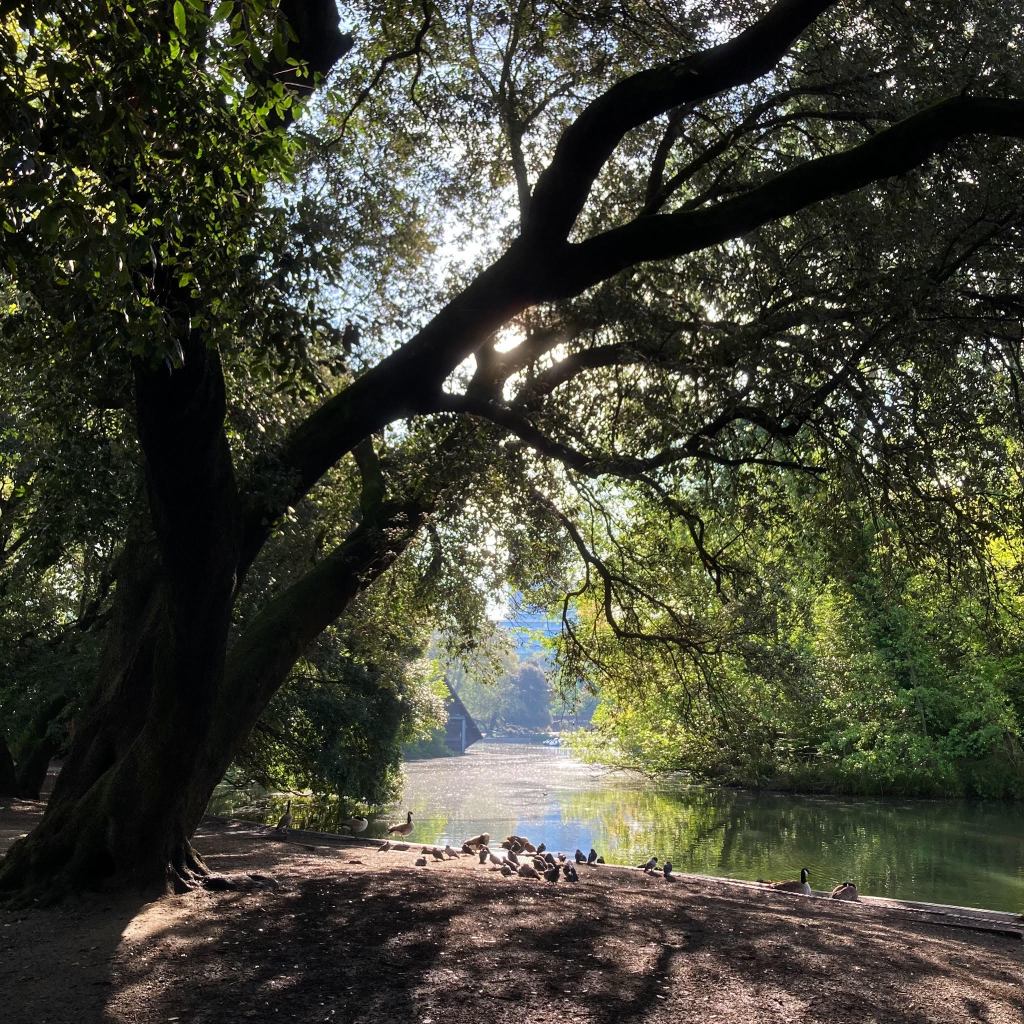Somewhere right at the beginning of all this, before the internet, when everything was scarce, not least poetry, a word leapt out at me from a poem. A word I had literally never seen or heard before, except in the work of Hopkins (this might be a false memory), which made it unusable (Rule 56: never steal from people you can’t compete with).
This is not about the poet or the poem the word was in, both of whom, for the record, I admire. This is about a word letting you know, at an instantaneous, visceral level, what kind of poet you wanted to be and would in all likelihood become. It said to me that I was not in the group of people who used and heard this word as part of their lexicon. It said to me that while the word was brilliantly accurate to its occasion in the poem, and thrillingly matched the tone of the poet’s actual voice, it was, nevertheless, from a place that was utterly beyond me. It might as well have been about the moon.
Two feelings quickly followed. First, of disappointment in myself, my tribe, my background, that this quite ordinary (yet odd) word should feel so jarring as to draw attention to itself in my inner ear. And second, a different kind of thrill, of knowing, again viscerally, that if I was not part of the group of people who used this word, I must therefore belong to the group of people who used other words, perhaps (and here some self-doubt crept in) more ‘ordinary’ and less obviously ‘poetic’.
This is not about those unanswerable questions of ‘better’ or ‘talent’. This is about more eternal struggles of from and tongue. I now see my hearing that poem as one of many tiny earthquakes I encountered in the mooring of starting out as a poet, to use Ashbery’s phrase. You can say this, you may not say that. You will probably write about this; but this doesn’t interest you as much. And so on. Thirty plus years later, I’m surprised (though I shouldn’t be) that so little seems to have changed.

I have stopped at words too, mostly in novels, that I hadn’t heard and certainly never used myself. Sometimes I’ve looked them up. Sometimes the context gives me the definition, but always I have felt some feeling of being less, realizing there existed whole groups of people that used words like this regularly and I wasn’t nor never would be one of them. I usually, like you, concluded that I belonged to another group of people that used more ‘normal’ words and in the end I’m good with that.
LikeLiked by 1 person
I do get this. I am not plashing either.
LikeLiked by 1 person
Thank you, Nell. I thought not. Strength in numbers. x
LikeLike
Anthony, such a delightful discourse on words and the poetry they make. We may begin with nursery rhymes but we make our way to the poets who save our lives.
All best,
Molly from across the pond
LikeLiked by 1 person
Very much like this, Anthony — I’m fascinated by the fences we sometimes place around words (and perhaps subjects or images too) that separate them from ‘ordinary’ speech. Yet the boundaries are always porous. For me, it’s the way the vocabulary of science moves in and out of regular speech, and how I can move terms from science all the way over into poetry.
Cheers, Alice
Alice Major http://www.alicemajor.com http://www.alicemajor.com/ My 12th poetry collection is Knife on Snow https://www.alicemajor.com/knife-on-snow/
>
LikeLiked by 1 person